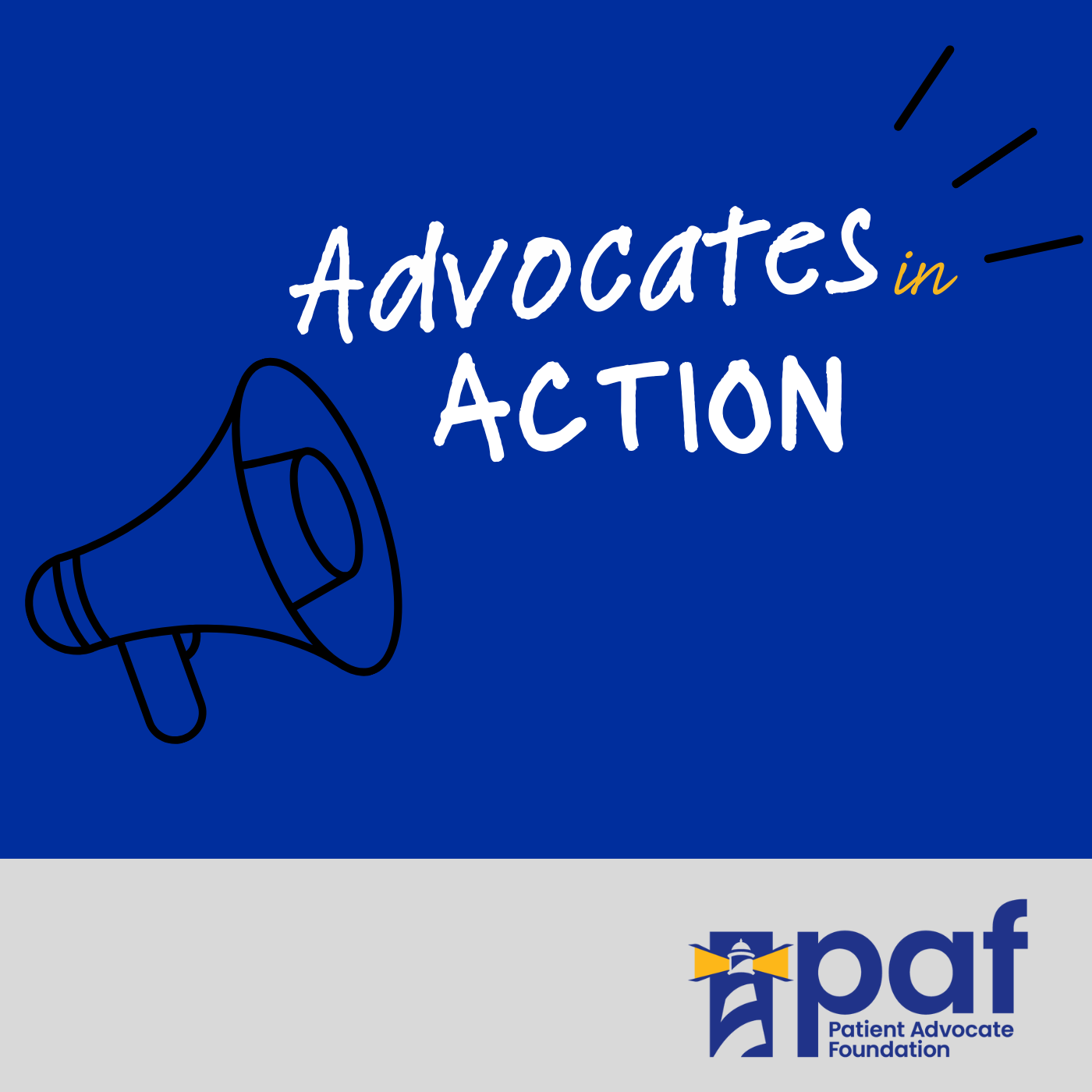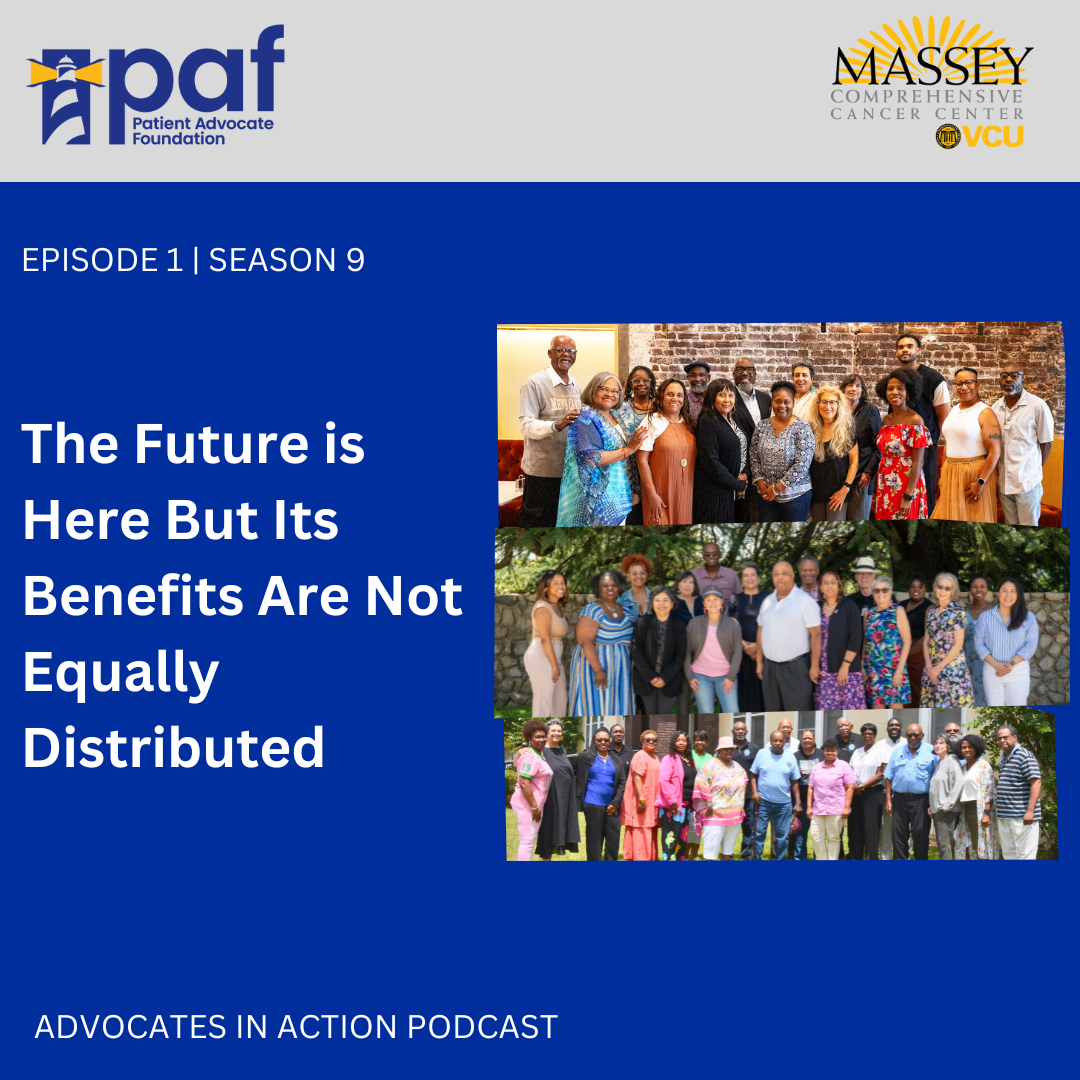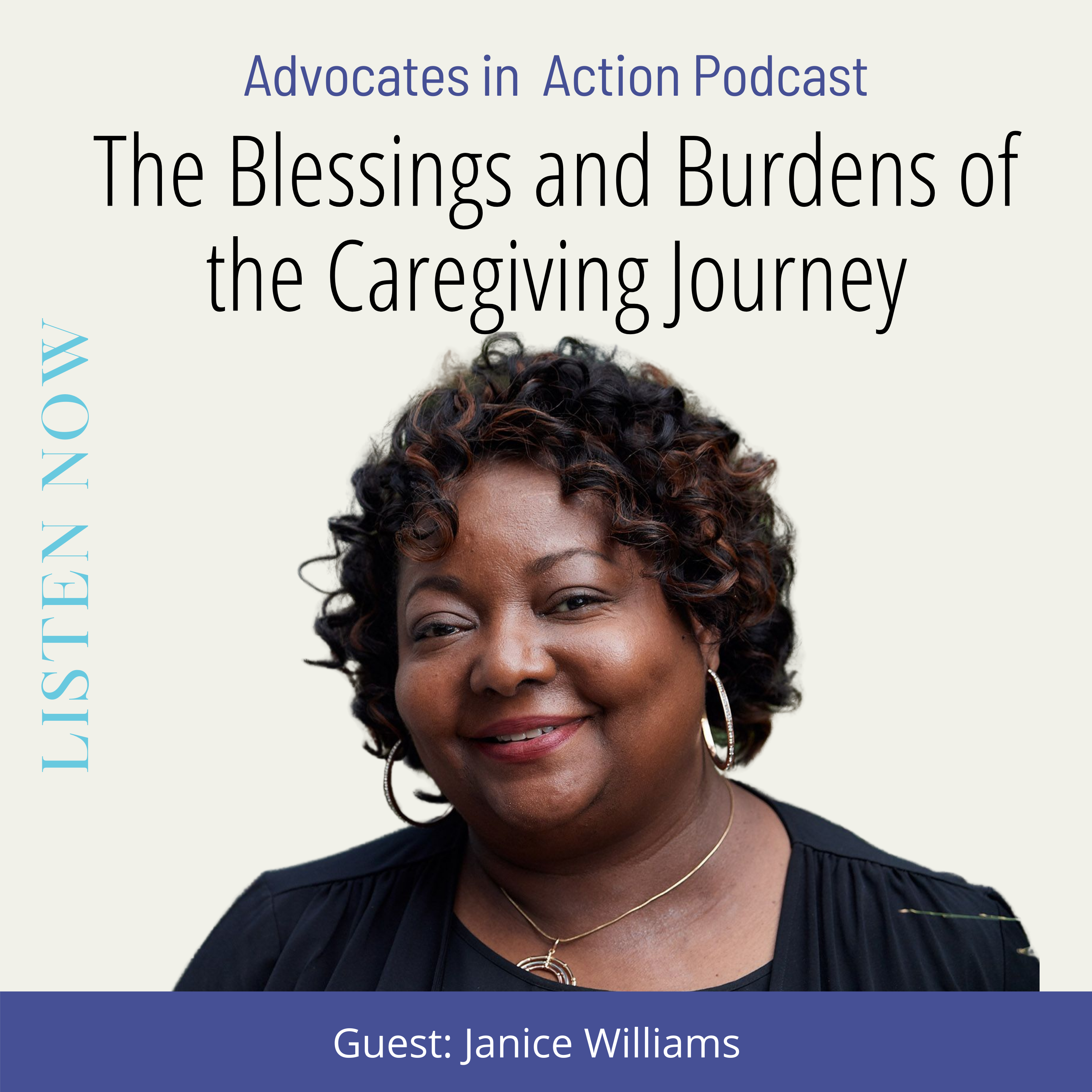You might call it “just taking Grandma to the doctor,” but it’s so much more — it’s caregiving. In this episode, we explore what it means to be a caregiver through the lens of public service and personal experience.
We’re joined by Bea Rector, a leader at the Washington State Department of Social and Health Services, who shares how her team is helping people recognize their caregiving roles — often long before they even realize they’ve taken on that title. Bea talks about her state’s innovative programs that support unpaid caregivers with real, tangible services like transportation, help with housework, respite care, and even acupuncture.
But it doesn’t stop at providing support — Bea also explains how they’re measuring the impact of these services, not just in human terms, but in economic value as well. By tracking outcomes and focusing on holistic care, her team is proving that investing in caregivers benefits everyone.
What makes Bea’s work even more powerful is how personal it is. As a caregiver herself — for both her parents and in-laws — she brings lived experience and deep empathy to everything she does, ensuring that Washington’s programs don’t just check boxes, but truly meet people where they are.
This episode is a powerful look at caregiving as both a personal journey and a public priority — and how recognizing the role is the first step in supporting it.
Connect with Washington State's Department of Social and Health Services on social media!
Twitter: @waDSHS
Facebook: Washington State DSHS

Beth Madison wasn’t surprised when she heard the diagnosis of rheumatoid arthritis. Her family had a strong history of this potentially crippling condition. She...

Unpacking Health Equity: Advancements in Healthcare and the Gaps for Vulnerable Communities Over the past few decades, healthcare has seen monumental advancements in technology,...

Janice Williams has devoted over 25 years to nursing, serving her community with compassion and expertise. Yet, despite her extensive healthcare background, nothing truly...